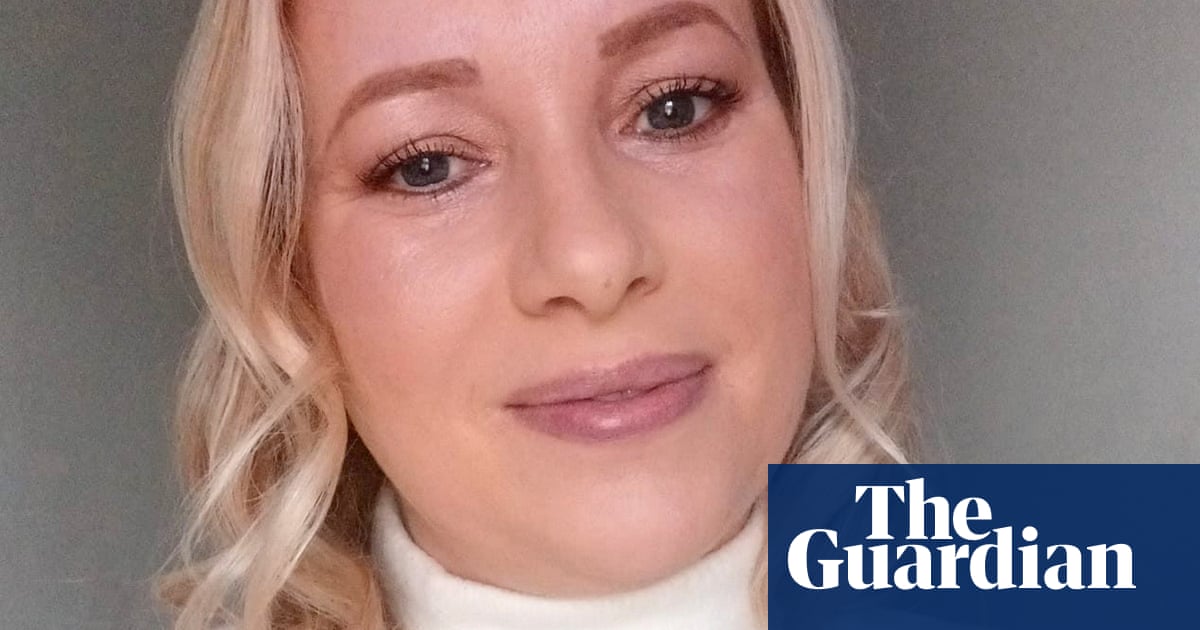
A transgender woman who sued a women-only social media app for alleged gender discrimination has been awarded $10,000 plus costs after a judge found she had been indirectly discriminated against in a landmark decision that tested the meaning and scope of the Sex Discrimination Act.
Roxanne Tickle, a transgender woman from regional New South Wales, sued the social media platform Giggle for Girls and its CEO, Sall Grover, claiming she was unlawfully barred from using the app in 2021 after the firm and Grover said she was a man.
On Friday morning, the federal court justice Robert Bromwich said the respondents had considered “sex” to mean an unchangeable sex of a person at birth.
“These arguments failed because the view propounded by the respondents conflicted with a long history of cases decided by courts going back over 30 years. Those … cases established that on its ordinary meaning sex is changeable,” he said.
Onboarding to the app required the user to upload a selfie verified as female by KairosAI gender detection software and then by Grover.
Tickle was barred after initially being allowed to join the platform – which was shut down in August 2022.
The judge said the evidence did not establish Tickle was excluded from Giggle directly “by reason of her gender identity although it remains possible that this was the real but unproven reason”.
Rather, the indirect discrimination case succeeded because Tickle was excluded from the use of the social media app “because she did not look sufficiently female”.
Sign up for Guardian Australia’s free morning and afternoon email newsletters for your daily news roundup
Bromwich disagreed with Grover and Giggle’s arguments about the constitutionality of the protections for gender identity in the act – in line with the position of the sex discrimination commissioner.
Tickle had sought damages and aggravated damages amounting to $200,000, claiming that persistent misgendering by Grover resulted in constant anxiety and occasional suicidal thoughts.
In his written decision, Bromwich drew attention to the behaviour of Grover, including laughing at a caricature of Tickle during the trial.
“[Grover’s] explanation, that it was funny in the context of the courtroom, was obviously disingenuous. It was offensive and belittling and had no legitimate place in the respondents prosecuting their case.”
Tickle said Friday’s decision showed transgender people could stand up for themselves.
“I’m pleased by the outcome of my case and I hope it is healing for trans and gender diverse people. The ruling shows that all women are protected from discrimination,” she said outside court.
“I brought my case to show trans people that you can be brave and you can stand up for yourself. I can now get on with the rest of my life and have a coffee down the road with my friends, play hockey with my team and put this horribleness behind me.”
Changes to the Sex Discrimination Act in 2013 made it unlawful under federal law to discriminate against a person on the basis of sexual orientation, gender identity or intersex status.
It is the first time that alleged gender identity discrimination has been heard by Australia’s federal court and goes to the heart of how gender identity – and being a woman – is interpreted. The outcome is likely to have wide-reaching implications for male and female spaces and activities and is being watched around the world.
Over the course of a three-day hearing in April, the court heard that Tickle had lived as a woman since 2017, had a female birth certificate and gender affirmation surgery and “feels in her mind that psychologically she is a woman”.
Tickle’s barrister Georgina Costello KC said that “Ms Tickle is a woman” but that “the respondents flatly deny that fact”.
Giggle and Grover’s team asserted that the case must focus on biological sex.
“Sex is discriminatory, it always has been and always will be … biological sex must prevail,” barrister Bridie Nolan said.
Grover told the court that she would not address Tickle as “Ms” and that, even if a transgender woman presented as female, had gender affirmation surgery, lived as a female and held female identity documents, Grover would still see her as a “biological male”.
The court heard that Grover started the app, intended as an “online refuge”, after receiving trauma therapy for social media abuse while living in the US.
The Australian Human Rights Commission acted as a friend of the court. Barrister Zelie Heger told the court that sex was no longer defined in the Sex Discrimination Act but that “importantly the act recognises that a person’s sex is not limited to [being a man or a woman]”.
The case has been closely followed by both women’s and trans rights supporters, with Bromwich admitting “this was never going to be an easy case for anybody”.
Tickle received support from the Grata Fund, while a crowdfunding campaign set up to cover Giggle for Girls’ legal costs raised more than $520,000.












